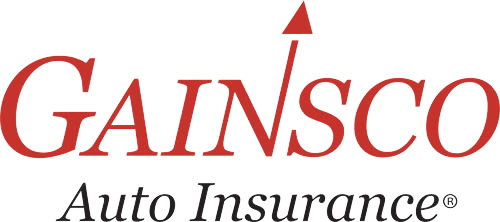
Workplace Benefits
What Is It?
Workplace benefits are offered to employees to give a peace of mind in case something happens to when they can no longer work. Benefits such as long-term care insurance, disability insurance, accident insurance, critical illness/cancer insurance, and universal life insurance can all be offered as a part of an employer’s work benefits package.

Different Types of Coverages
Long term care insurance is sometimes offered by employers as a work benefit. This kind of insurance provides care for people with chronic illness, disabilities, or other conditions who need help on a daily for an extended period of time.
Another employer offered work benefit is disability insurance. Workers are provided with short-term benefits to cover the loss of wages due to illness, injury, or pregnancy.
Accident insurance provides a cash benefit to employees who are injured as a result of an accident. This can be used to pay for unexpected medical costs such as surgery and transportation via ambulance.
Critical illness insurance pays a tax-free lump sum to the beneficiary if diagnosed with a disease covered under the policy during the insurance term. This is similar to cancer insurance, which pays a lump sum if the beneficiary is diagnosed with cancer.
Universal life insurance is a form of permanent life insurance that is payable upon the employee’s death to cover a family’s loss of wages. Premiums are paid for insurance protection and any amount paid over is then invested in adding cash value to the account.
All the benefits mentioned are specifically offered to the employee. If the employee has a family, these benefits can be especially useful in keeping a stable household during uncertain times.
Most of these benefits are considered to be supplemental work benefits so if an employee is interested, he or she should reach out to the human resources department. Additional costs may be associated.
Other Policies





























